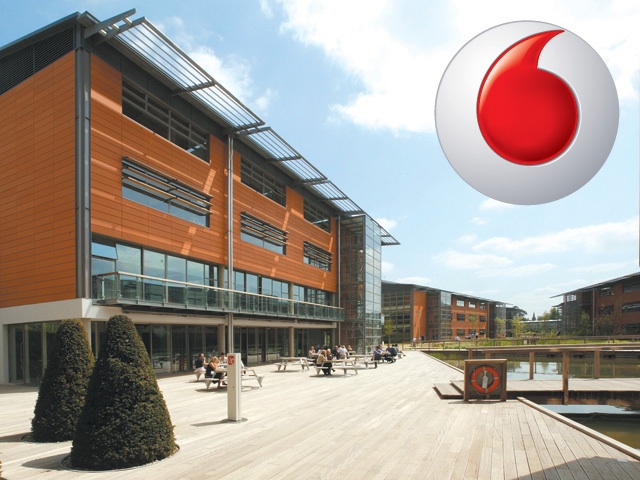Physical Address
304 North Cardinal St.
Dorchester Center, MA 02124
Physical Address
304 North Cardinal St.
Dorchester Center, MA 02124

Research from operator reveals two-thirds of urban councillors are unaware of M2M technologies and how they can be used to deliver more cost efficient services
Local councils are missing out on potential savings of £402.3 million by not capitalising on the benefits offered by M2M.
This is according to new research by ComRes for Vodafone UK, which interviewed 1,624 adults who live in urban towns and fringe areas from March 11-12 and 629 urban councillors between December 2, 2014 and January 7, 2015.
It found two-thirds of urban councillors are not aware of M2M technologies and how they can be used to deliver better, more efficient public services, Vodafone said this gap in understanding would explain why M2M is yet to be widely used to improve oublic services such as street lighting, refuse collection, urban traffic and transport management, whilst at the same time saving the tax payer millions of pounds.
It added the provisional local government finance settlement means that councils in England face cuts of almost £8 billion this year (1.8 per cent of their 2014/15 budget), but by utilising M2M, they could benefit from significant savings while improving key services,
Savings of £400m
Technologies such as street lighting and energy management systems in local government buildings could save over £400 million it said, making up around five per cent of the cuts expected over the next year with just two M2M-based solutions.
Nearly eight in ten (77 per cent) of the citizens polled said they would fully support their council;s decision to invest more in new technology to drive improved public services.
Vodafone director of M2M sales and commercial Matt Key said: “While the importance of technology seems to be widely appreciated by local councillors and residents in urban areas, the lack of awareness of the massive benefits to be gained from M2M and the Internet of Things means that urban councils are missing out on opportunities to deliver better, smarter and more cost effective services in the areas which matter to their local communities.
“Among the small amount of councillors who are familiar with M2M, almost all of them (83 per cent) feel the technology will be important in delivering better services and improved value to the community. If we can help more councillors understand the possible savings and the benefits, then we have a real opportunity to help local councils improve the services for their communities, as well as free up more budget to be reinvested in front line services.”
The poll found the greatest savings could come from monitoring systems in local authority buildings to reduce energy consumption, a measure supported by 85 per cent of residents.
It said that with local authorities spending around £750 million each year on energy costs (according to a recent guide from the Carbon Trust), they could save close to £190 million per year with an average saving of 25 per cent through the introduction of similar systems.
Smart street lighting favourable
The research also found that further savings could be achieved by smart street lighting – 80 per cent of residents said they are in favour of lighting which brightens when it senses people or vehicles are nearby to reduce energy consumption.
It said that if connected or smat street lights were rolled out to all 7.5 million street lights in the UK, this could drive savings of £52.9 million on energy costs and £161.9 million in maintenance, equating to total savings of almost £215 million.
“The benefits that are already being seen by the private sector, other markets and some local authorities are just too significant for urban councillors to ignore,” concluded Key.
“Those at the highest level in Government are starting to recognise the potential with IoT making its way into the Spring budget for the first time earlier this year. We recommend that urban councillors find out more about M2M technologies to see how they can improve the services that matter most to their residents while making budgets work harder.”